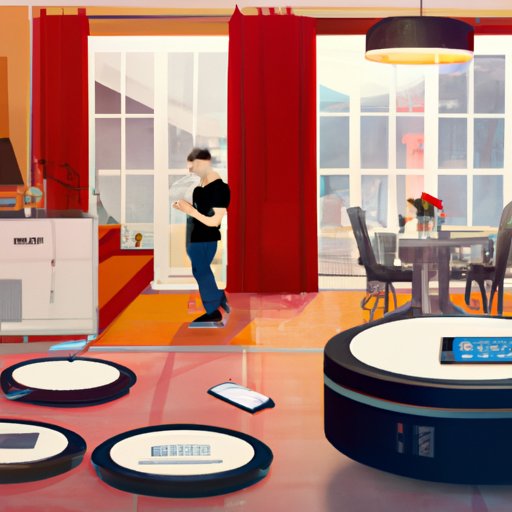Artificial Intelligence: Transforming Our Daily Lives
We live in a world that is rapidly moving towards digital transformation, and a key player in this shift is none other than artificial intelligence (AI). In our daily lives, AI's impact ranges from noticeable changes to subtle enhancements. Today, we aim to explore these various influences, practical examples, potential implications, and ethical concerns associated with AI's integration into everyday activities.
Artificial Intelligence in Healthcare
AI has become a significant game-changer in healthcare, introducing innovative solutions such as predicting patient's health risks, enhancing diagnostic accuracy, and facilitating personalized treatment plans. With technologies like Machine Learning and Natural Language Processing, AI can analyze large amounts of patient data to foresee potential health threats and enable early interventions.
Artificial Intelligence in Education
In the education sector, AI has been instrumental in personalizing learning experiences and improving educational outcomes. AI-powered educational software and platforms can adapt to a student's learning pace and style, thus creating a more effective learning environment. Moreover, with the aid of AI, educators can unlock data-driven insights about students' performance and engagement, which can inform teaching strategies and curriculum development.
Artificial Intelligence in Transportation
AI's influence on transportation has not only enhanced efficiency and safety but also presented remarkable breakthroughs like autonomous vehicles. From optimizing route planning, predicting vehicle maintenance, and enhancing traffic management, AI is shaping the future of transportation. It has the potential to reduce human error, improve fuel efficiency, and revolutionize the entire transport infrastructure.
Artificial Intelligence in Retail
AI in the retail sector has been a game changer, helping businesses personalize customer experience, streamline inventory management, and predict consumer behavior. AI applications such as chatbots, recommendation systems, and predictive analytics are complementing human efforts in retail, fostering better customer relationships and improving overall business efficiency.
Ethical Concerns about AI
Despite these advancements, AI integration comes with various ethical challenges such as data privacy issues, biases in AI systems, and concerns about job loss due to AI automation. Therefore, ensuring transparency, accountability, and inclusive design in AI systems is of paramount importance.
Future of Artificial Intelligence
As we delve further into the era of digital transformation, AI's role in our everyday life will only expand. From advancements in voice assistants and home automation to future prospects in autonomous electric cars, AI holds a promising future. The challenge lies in leveraging AI's potential responsibly while minimizing its accompanying ethical concerns.
Indeed, for laypersons and tech-savvy readers alike, the key takeaway is that AI is no longer merely a science fiction concept but a defining element of our current reality and likely an essential factor in shaping our future.

















Comments
Leave a Comment